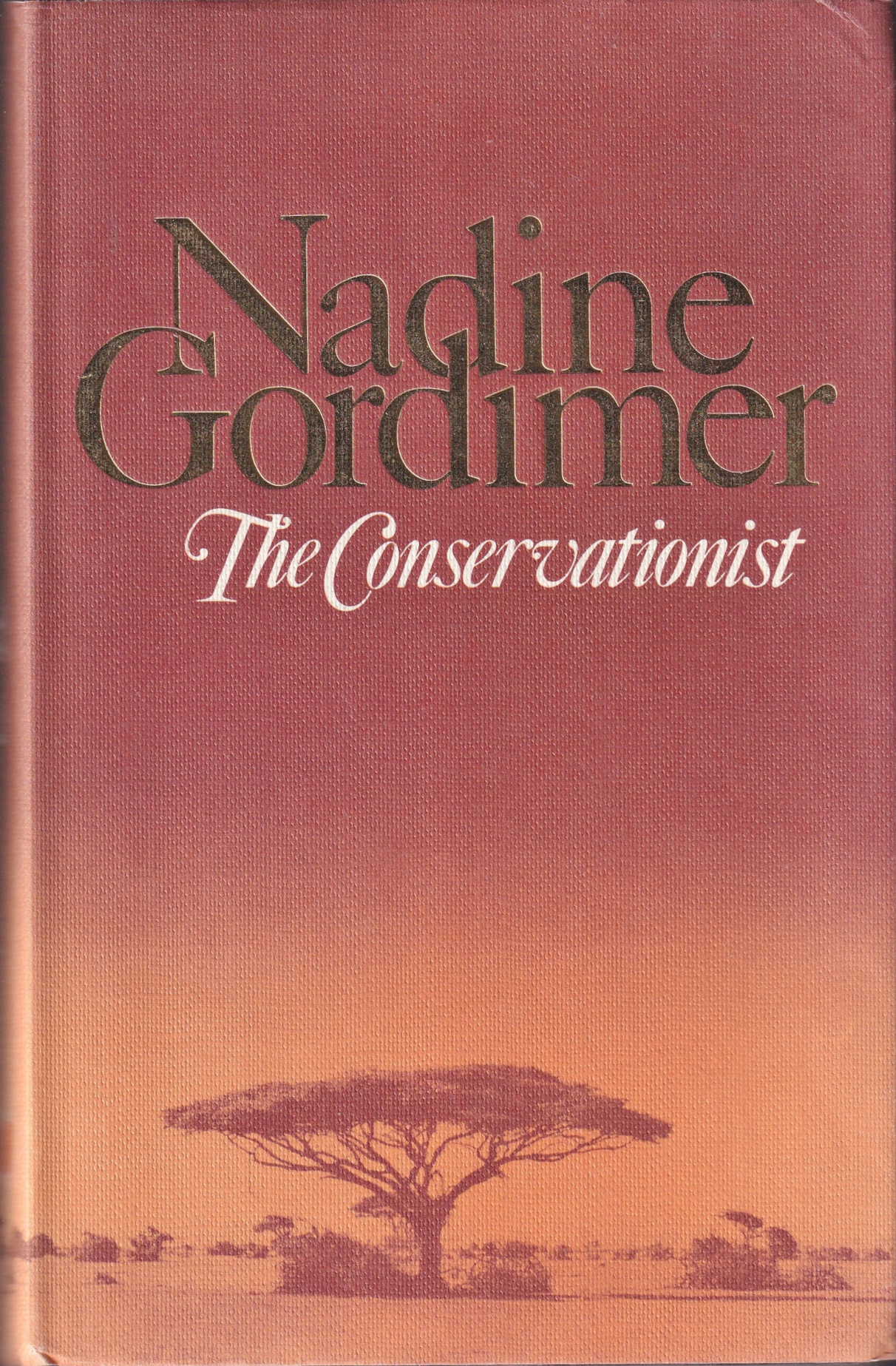Hardcover, 252 pages
English language
Published Oct. 31, 1974 by Jonathan Cape.

Hardcover, 252 pages
English language
Published Oct. 31, 1974 by Jonathan Cape.
A wealthy industrialist, attractive to women and not yet fifty, Mehring wants for nothing that white privilege in a black country can bring him. With a luxury flat in the city and an expense-account farm in the country, what he is prepared at all costs to conserve is his way of life.
Neither his Leftist mistress nor his long-haired schoolboy son — whose love he is confident he can do without — can shake his faith in his unalienable right to his possessions. No one successfully disputes his claims — not Jacobus and the other ragged black workers who tend his four hundred acres of the Transvaal, nor the Indians who run the country store, nor the Boer farmers who regard him as an amateur, nor the 150,000 blacks who live in a segregated township between farm and city. Only the presence of a dead man, abandoned near the river, …
A wealthy industrialist, attractive to women and not yet fifty, Mehring wants for nothing that white privilege in a black country can bring him. With a luxury flat in the city and an expense-account farm in the country, what he is prepared at all costs to conserve is his way of life.
Neither his Leftist mistress nor his long-haired schoolboy son — whose love he is confident he can do without — can shake his faith in his unalienable right to his possessions. No one successfully disputes his claims — not Jacobus and the other ragged black workers who tend his four hundred acres of the Transvaal, nor the Indians who run the country store, nor the Boer farmers who regard him as an amateur, nor the 150,000 blacks who live in a segregated township between farm and city. Only the presence of a dead man, abandoned near the river, asserts that Africa, in the end, is something a white man can't buy.
The Conservationist is a deeply fascinating study of a man, both reckless and calculating, subconsciously seeking human alienation as a form of self-preservation. Because he has manoeuvered himself into a position where life, he thinks, cannot move him, he sees himself as impregnable, the ultimate 'conservationist' clinging to patterns that reasure him of his power. Played out in vivid counterpart to Mehring's memories and fantasies are the lives of those who serve but scarcely notice him — his victims and his benefactors. And the overwhelming third presence is the calm beauty of the land they contend.